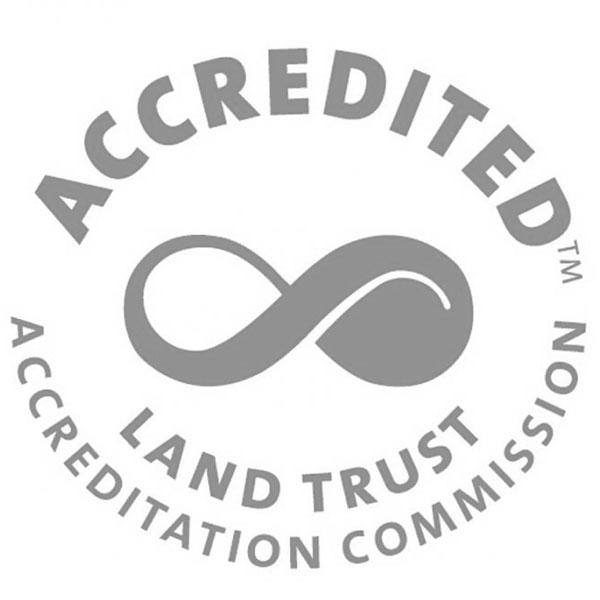ESLC awarded Preservation Grant for smokestack repair at Phillips Packing House
CAMBRIDGE, MD – Eastern Shore Land Conservancy (ESLC) was recently awarded a $25,000 grant by the National Trust for Historic Preservation from The Bartus Trew Providence Preservation Fund. These grant funds will be used to help stabilize and repair the building’s iconic smokestacks. Cross Street Partners, in partnership with Eastern Shore Land Conservancy (ESLC) will repurpose the 60,000 SF historic Phillips Packing House Building F as The Packing House - an active, mixed-use development designed to support the emerging industries related to the Eastern Shore’s famed farming and fisheries. The Packing House will house a synergistic mix of tech and creative entrepreneurs, food production and food related retail/eateries as well as a 2-story, light-filled open atrium space for continuous public programs and private events. The Packing House will serve as a connection between the growing downtown revitalization in Cambridge and the well-traveled Route 50—Ocean Gateway to Maryland, Delaware, and Virginia beaches. The commercialization, research, production, and active retail uses will support local employment and inform nutrition and public health programming on the Eastern Shore. Redeveloping this historically significant building as an entrepreneurial engine for the Cambridge community in a manner that celebrates Cambridge’s unique heritage preserves the legacy of the Phillips Packing Company. It is the last remaining factory from the Phillips Company’s empire of vegetable and food packing businesses, which once employed thousands of people in Cambridge. The company closed in the 1960’s, and the building has been deteriorating for decades. "Organizations like ESLC help to ensure that communities and towns all across America retain their unique sense of place," said Stephanie Meeks, president of the National Trust for Historic Preservation. "We are honored to provide a grant to ESLC, which will use the funds to help preserve an important piece of our shared national heritage." Grants from the National Trust Preservation Funds have






